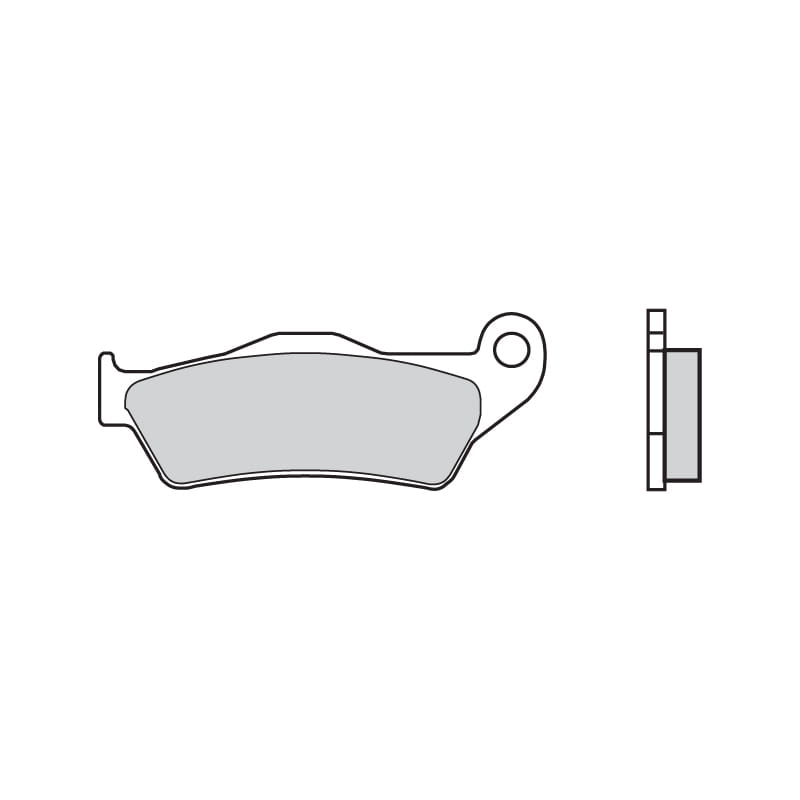
Brembo P2 34 CNC tylne klocki hamulcowe konwersja dla BMW S1000RR K67 2019 2021 zacisk hamulcowy modyfikacja wspornik motocykl odbudować| | - AliExpress
NOWA Pompa hamulcowa Brembo BMW R1200 GS K1200R 3C PS13 za 299 zł z MIŃSK MAZOWIECKI - Allegro.pl - (10530025759)
STOPKA CENTRALNA BMW K1200R/K1200R SPORT/K1200S HPS.07.360.10000/B za 899 zł z Sopot - Allegro.pl - (12067782238)

Tłumik końcowy Akrapovic Carbon BMW K 1200 R 2005-2008, K1200S Karbonowy | Sklep Motocyklowy Legato Motocykle

originales Tokico par Pinzas Freno Delanteras OEM # 34117726972 + 34117722517 Pinza de freno : Amazon.es: Coche y moto













![BREMBO 07GR62SA Klocki hamulcowe na przód [BMW] | aleMotocykl BREMBO 07GR62SA Klocki hamulcowe na przód [BMW] | aleMotocykl](https://alemotocykl.pl/userdata/public/gfx/8380/BREMBO-07GR62SA-klocki-hamulcowe-do-BMW-na-przod-1.jpg)
